How often do you consider and judge your own physical appearance? I think about it more than I’d like to admit. I’ve been spending time learning about radical self love and in my reading I discovered body neutrality. I’m still learning so allow me to share what I’ve learned and we can dig in together!
Body positivity vs. body neutrality.
Body neutrality is more inclusive and liberating than body positivity. Don’t misunderstand me, the body positivity movement had good intentions. It created a conversation about releasing and reimagining Eurocentric beauty standards and making room for all shapes, sizes, colors, and body abilities.
However, the media and a significant part of social media has created blurry lines between self-love and self-criticism. We have all seen that social media influencer who posted a photo of their size two figure in a bikini, eating a slice of pizza, telling their followers to embrace their curves and cellulite when she has none. Have you ever seen Good Morning America or the Today Show do a January segment on a “Mental Health Challenge”? Nope. Every year, without fail, there is a “Weight Loss Challenge” segment during the biggest goal-focused month of the year.
This is where body neutrality comes in. It’s not a new concept, in fact there have been several historical movements, the fat-acceptance movement of the 1960s for example, that have been foundational in challenging our institutional beauty standards. Most recently Gabi Gregg, a plus-sized woman of color, first began to reclaim the word “fat” in 2015 and start conversations around anti-dieting, photo-shop culture, and body bias on social media.
Anuschka Rees wrote a book called Beyond Beautiful: A Practical Guide to Being Happy, Confident, and You in a Looks-Obsessed World which shares her definition of body neutrality.
The goal of body neutrality is to dial down the enormous significance that’s being given to physical attractiveness in our society.
Essentially, body neutrality aims to encourage you to accept the body you are in and focus on its movements, rather than its appearance…Most importantly, the movement doesn’t want you to berate yourself on the days where you don’t feel like loving any part of yourself.
– Anuschka Ress from Beyond Beautiful
Body neutrality in pregnancy and postpartum.
This hits close to home. Identifying my physical appearance as a valuable part of who I am has been a thread throughout most of my life. Most recently, it was woven through my pregnancy and postpartum experience. There were two distinct categories of comments I received when I was pregnant. The first was one of praise or acknowledgement, “You still look like you, you’ve just got a basketball bump! Good for you!” The other was a tear down. “When are you due? Oh, but you’re so big. Are you sure it’s not twins?” Both of these comments were from other women.
After Jack was born, there were conversations about when I would be able to get active again. It came out of love and support and was not meant to be harmful. Admittedly, I was also in this conversation and I felt enormous pressure. It was important to me to look and feel like myself after birth. I played the comparison game to other friends and public figures who had kids. My mind would question how I would create time to “get my pre-baby body back” in between learning to breastfeed, sleep train, read the baby books, and battle sleep deprivation. Oh right, and take care of my own basic needs.
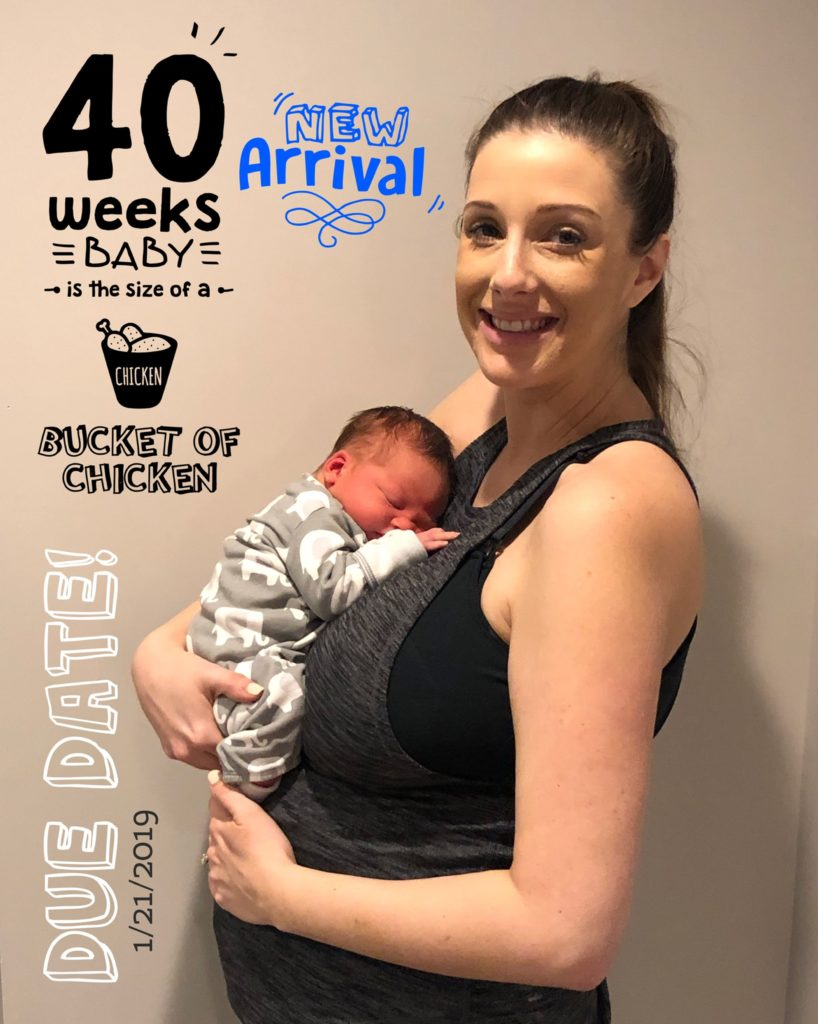
When I would gut check myself on the postpartum baby blues it was mostly focused on how my body looked. Why did I have these gigantic breasts and my other new mom friends had cute, perky breasts? How did that friend have six-pack abs in a bikini when her baby was six-months old and I was still wearing spanks? I also perpetuated this postpartum body focus stigma. Whenever I’d see a friend or family member who’d recently had a baby, the first thing I would say is “How are you? You look great!” Face palm. Why is that our first question? I wouldn’t even think about it consciously, it would just come right out.
Body neutrality is a movement to celebrate and value our worth beyond our appearance. Instead of placing the most value on my body’s appearance pre- and post-birth, I should have been celebrating my strength, endurance, and mental well-being. I should be asking other new moms, “How are you? Look at this incredible baby your body created! How are you feeling?” Let’s shift the dialogue to how we can support a new mom and her emotional well-being with lack of sleep, instead of asking her if breastfeeding is helping to drop the baby weight. Doesn’t it feel better just reading that?
Let’s do better, together.
I can do better. I still have an intense focus on my physical appearance and how it impacts my self-worth. I can’t undo that conditioned way of thinking, overnight. I want to take care of and love my body but I don’t want my physical appearance to be my primary source of self worth. Women have a tremendous amount of pressure to meet standards that we didn’t agree to. Body neutrality gives you permission to resign from this mindset and encourages us to acknowledge our bodies for what they can do. We are lovable and valuable just as we are. We are worthy of happiness that isn’t related to how we look.
Another incredible resource is Sonya Renee Taylor and her book, The Body is Not an Apology: The Power of Radical Self-Love. Thank you to my sis for this one! She offers that radical self-love is “the balm to heal the wounds inflicted by society…to reconnect with the origins of our minds and bodies and celebrate our collective, enduring strength.”
Concepts like self-acceptance and body neutrality are not without value. When you have spent your entire life at war with your body, these models offer a truce. But you can have more than a cease-fire. You can have radical self-love because you are already radical self-love.”
-Sonya Renee Taylor from The Body is Not an Apology: The Power of Radical Self-Love.
I created this space to celebrate women, the power of choice, to create the life you want, and not to settle. This is a big one, settling up to body neutrality. Let’s work together and encourage each other to not settle for a values system where our physical appearance is number one. Let’s acknowledge and celebrate our what our bodies can do, our mental health, healthy relationships, boundaries, self care, careers, children, and so much more.
Are you with me?
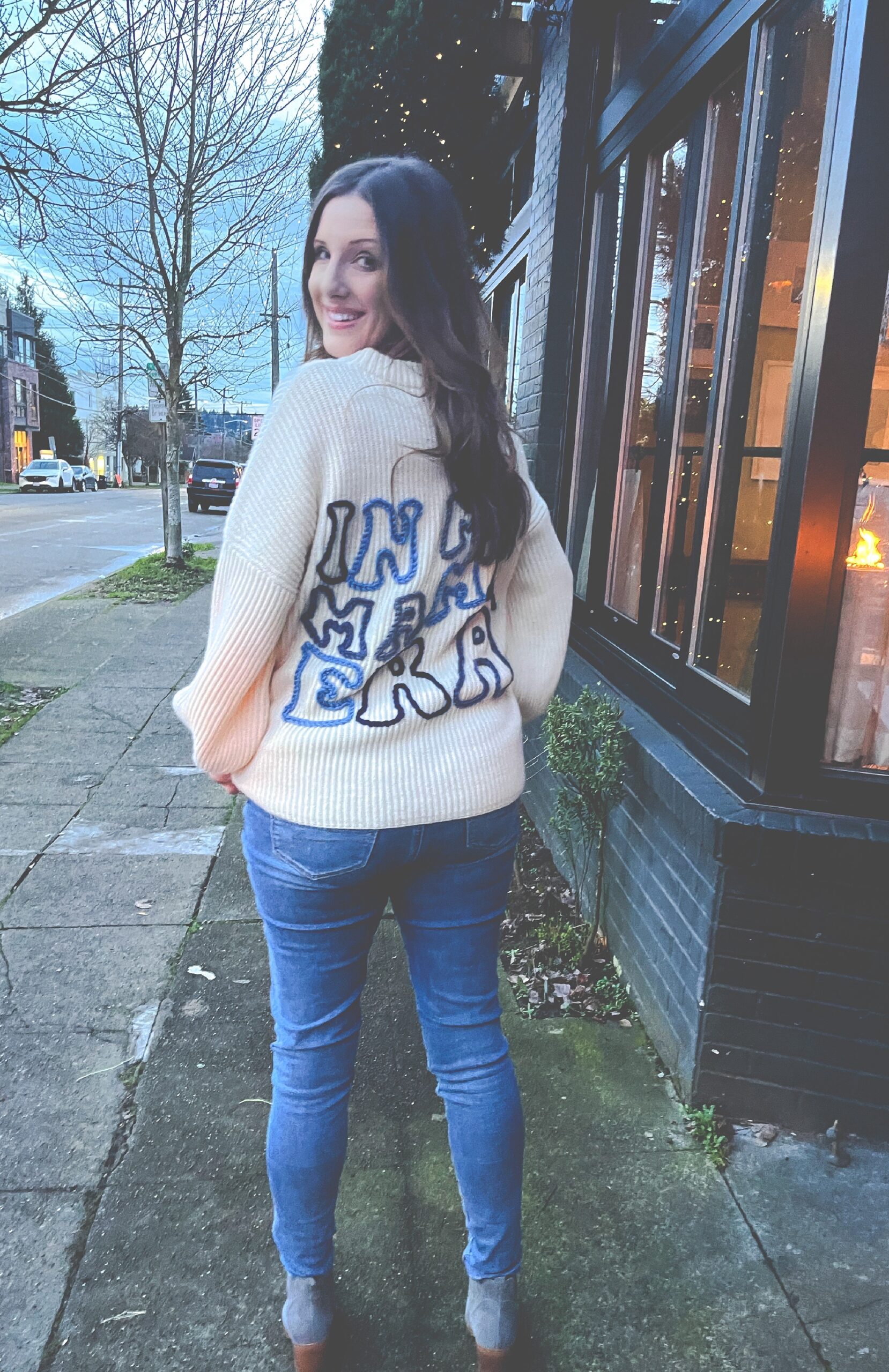
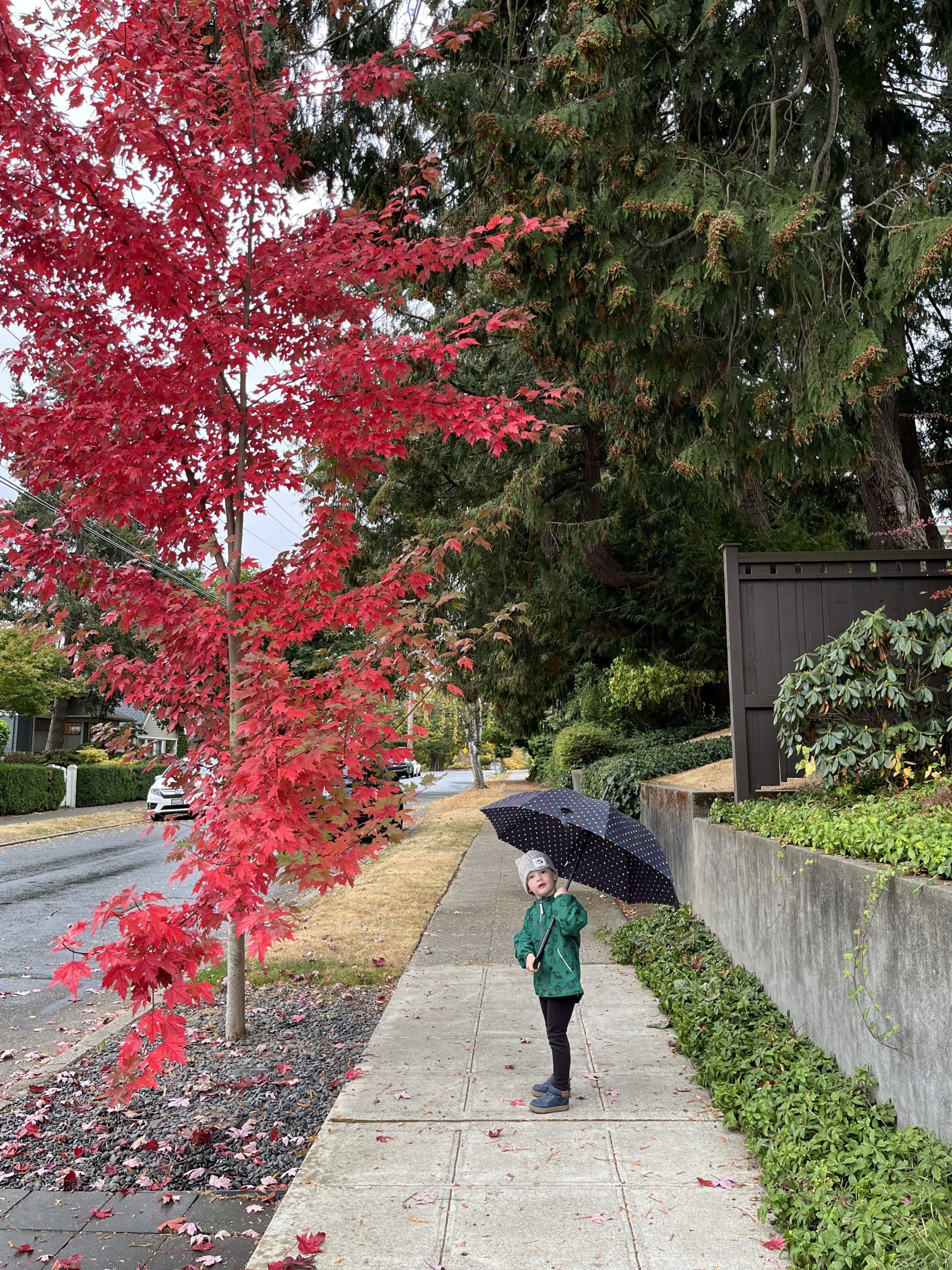
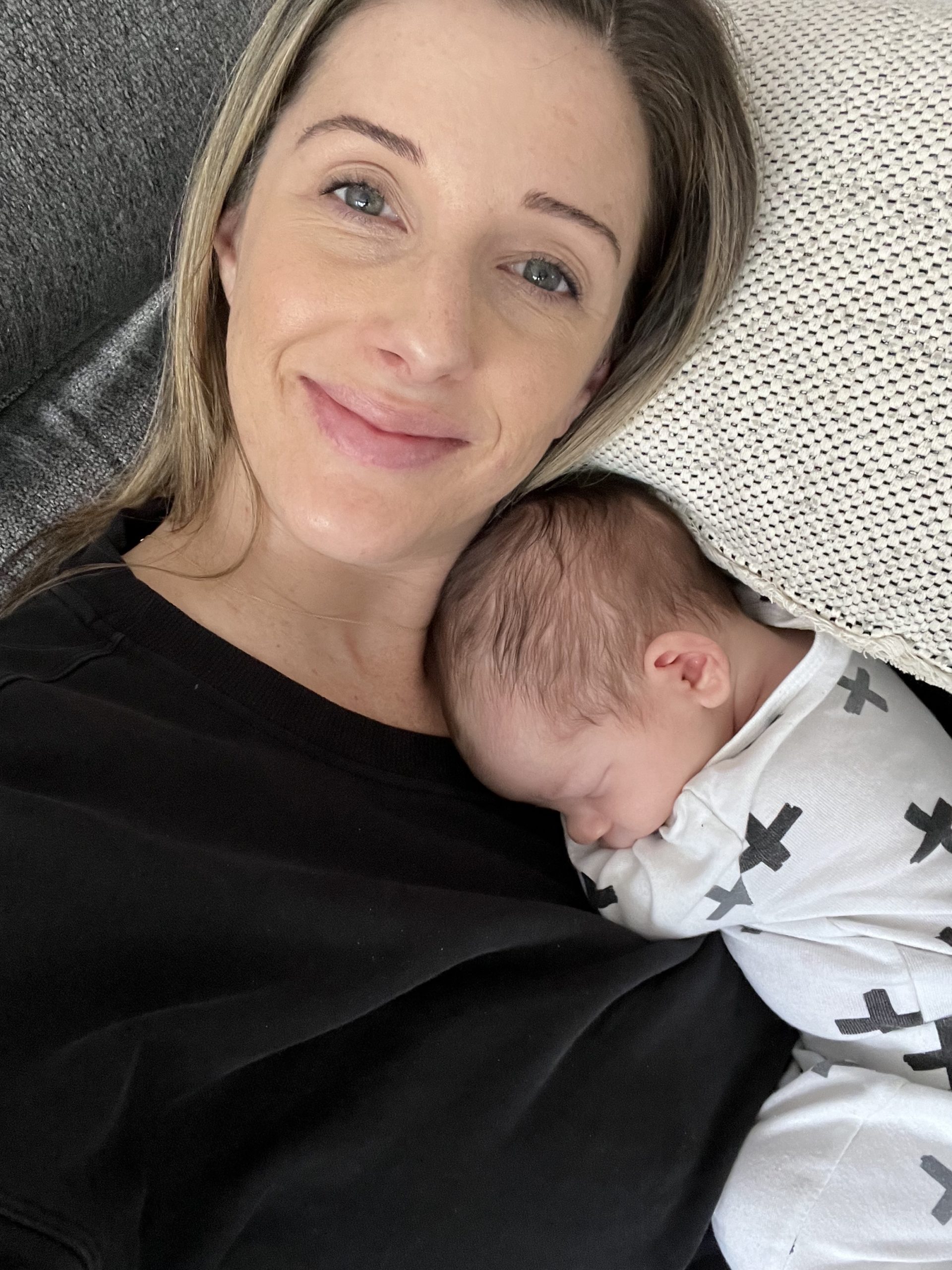
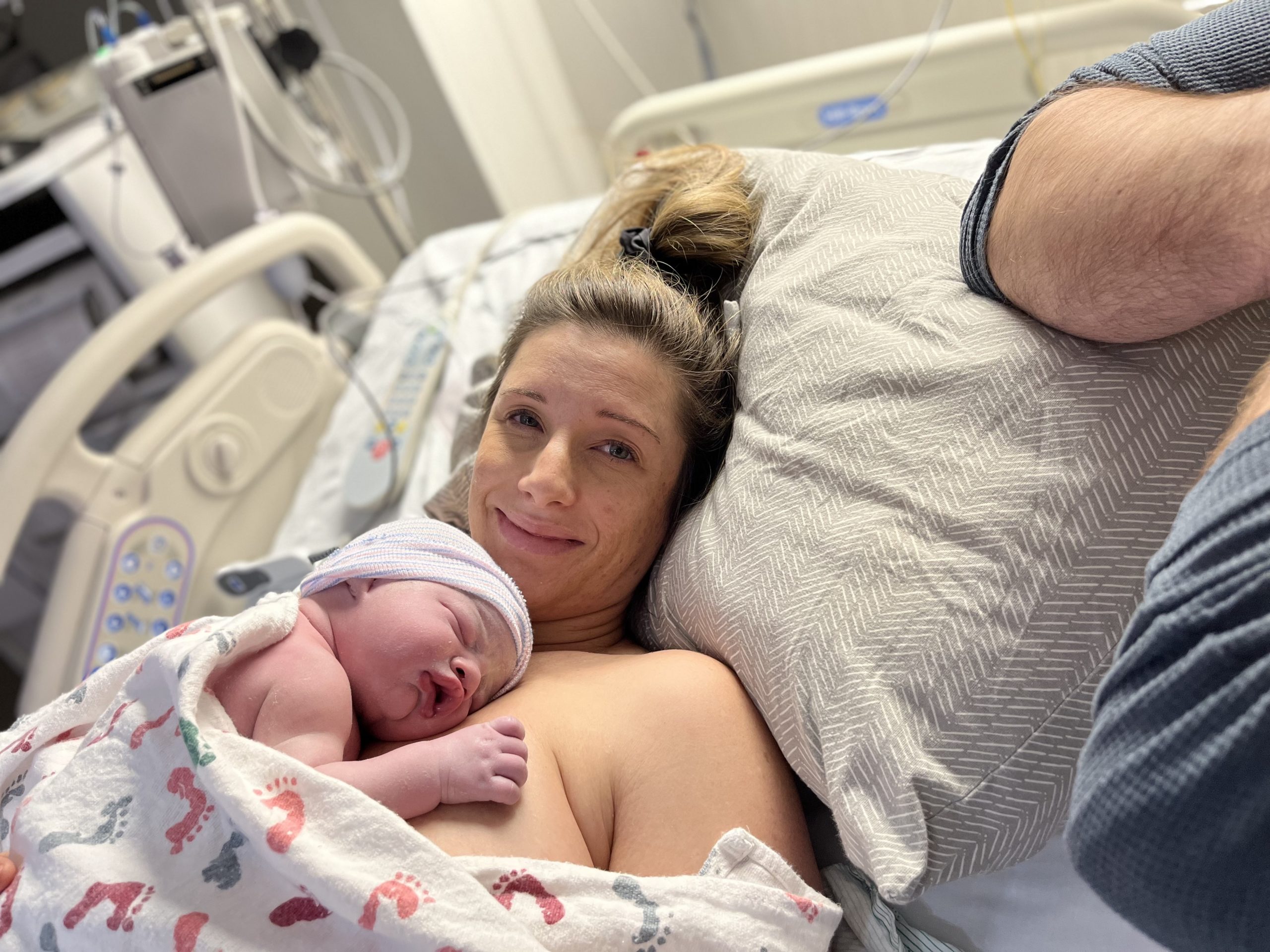
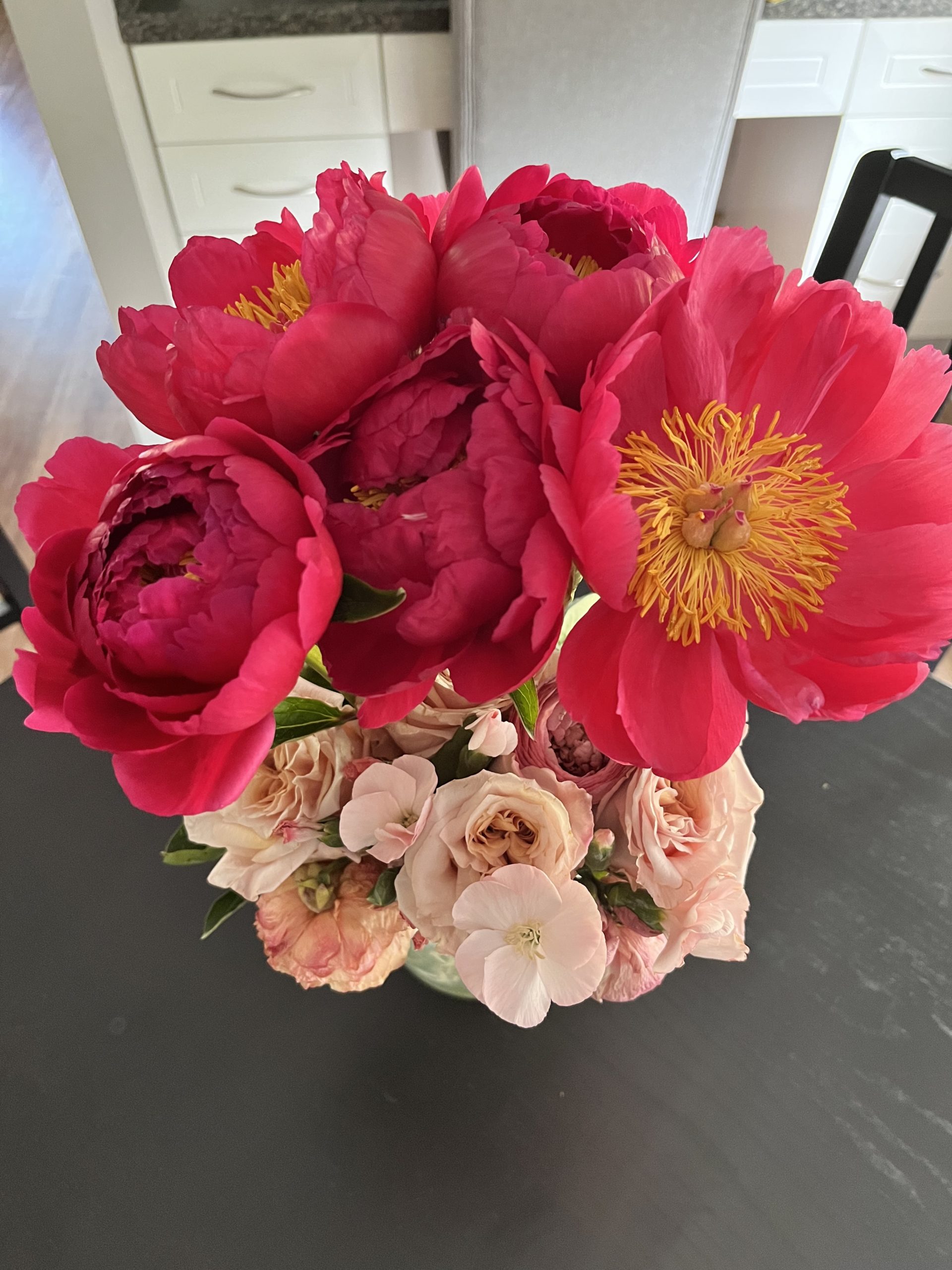
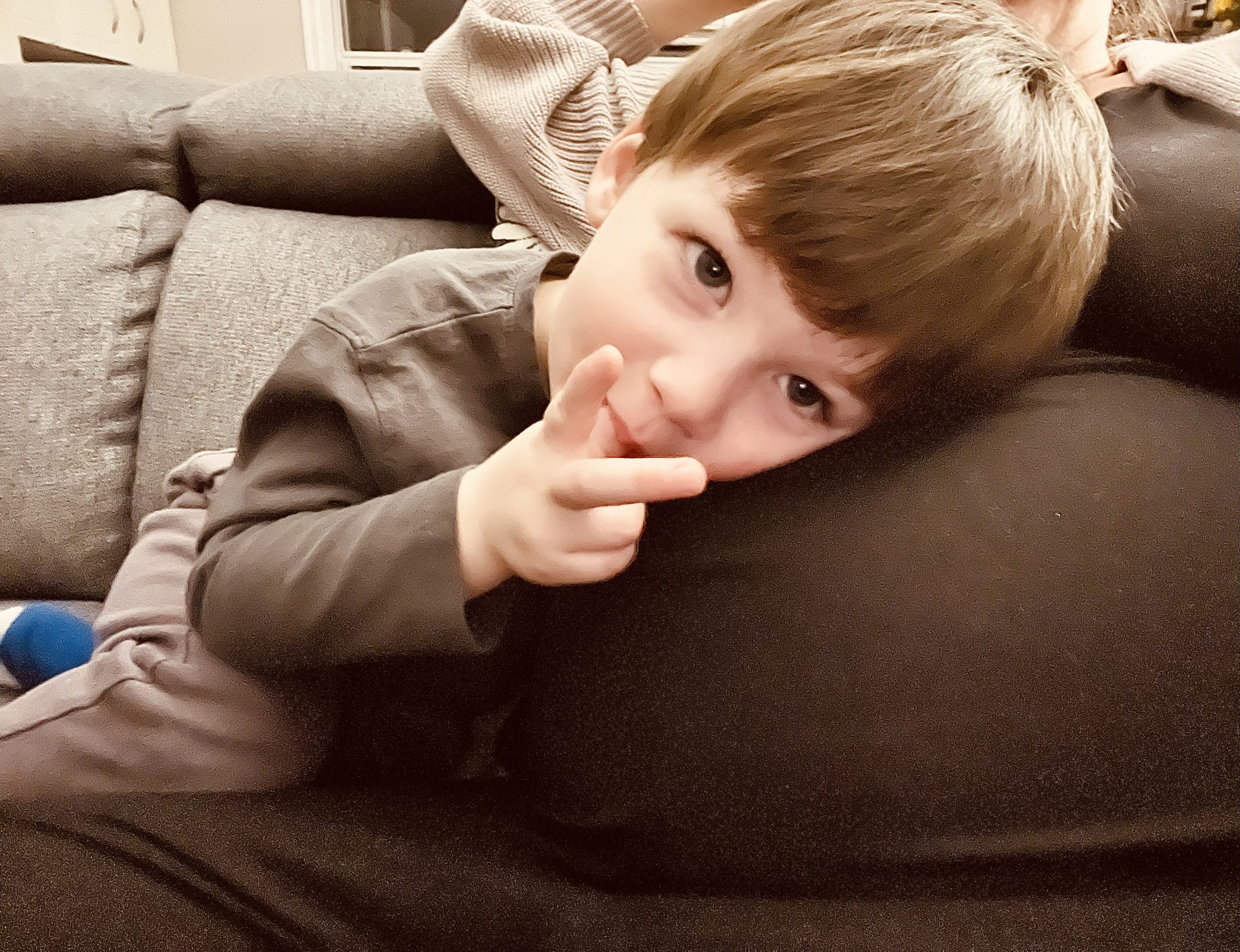
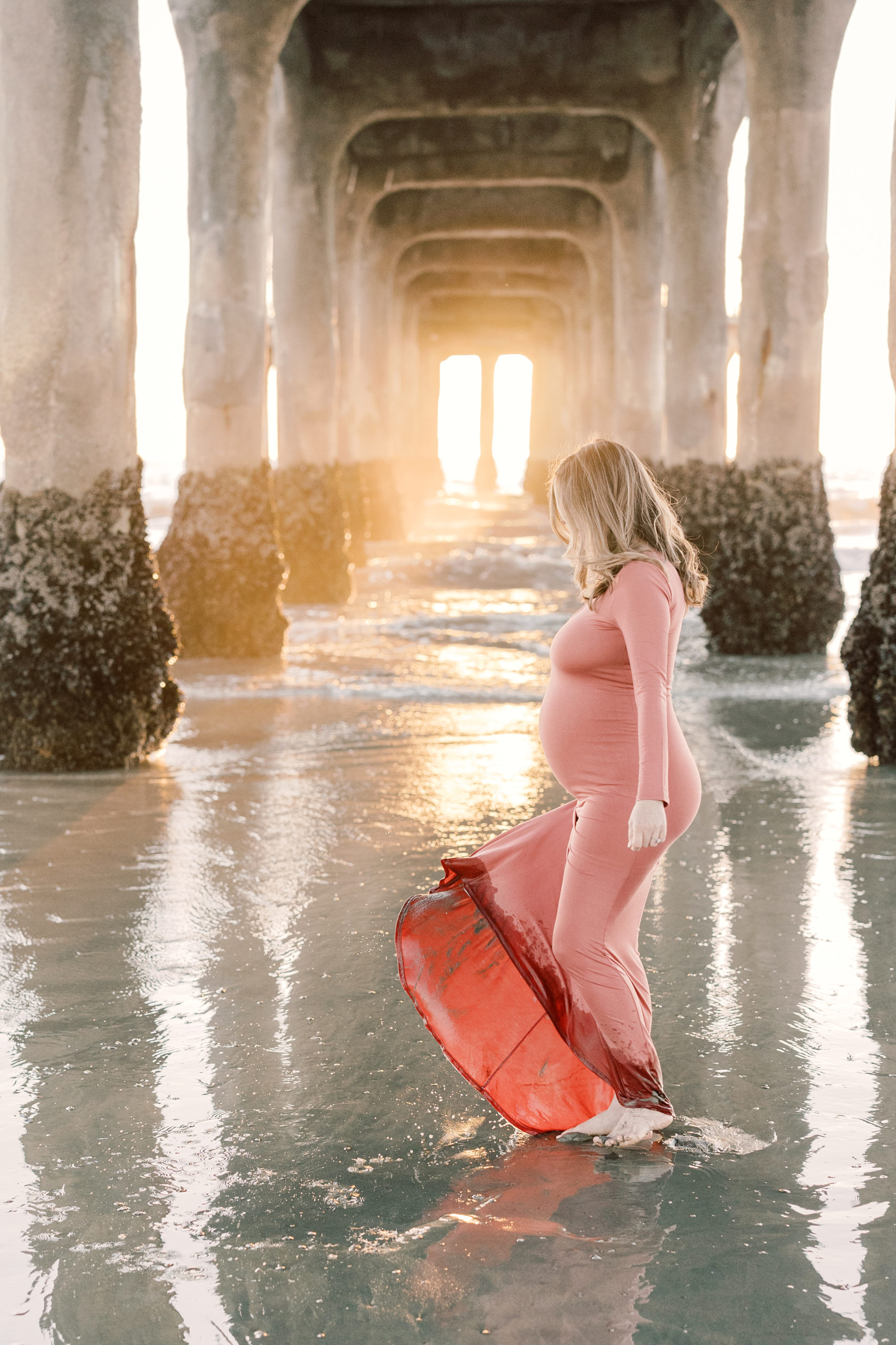

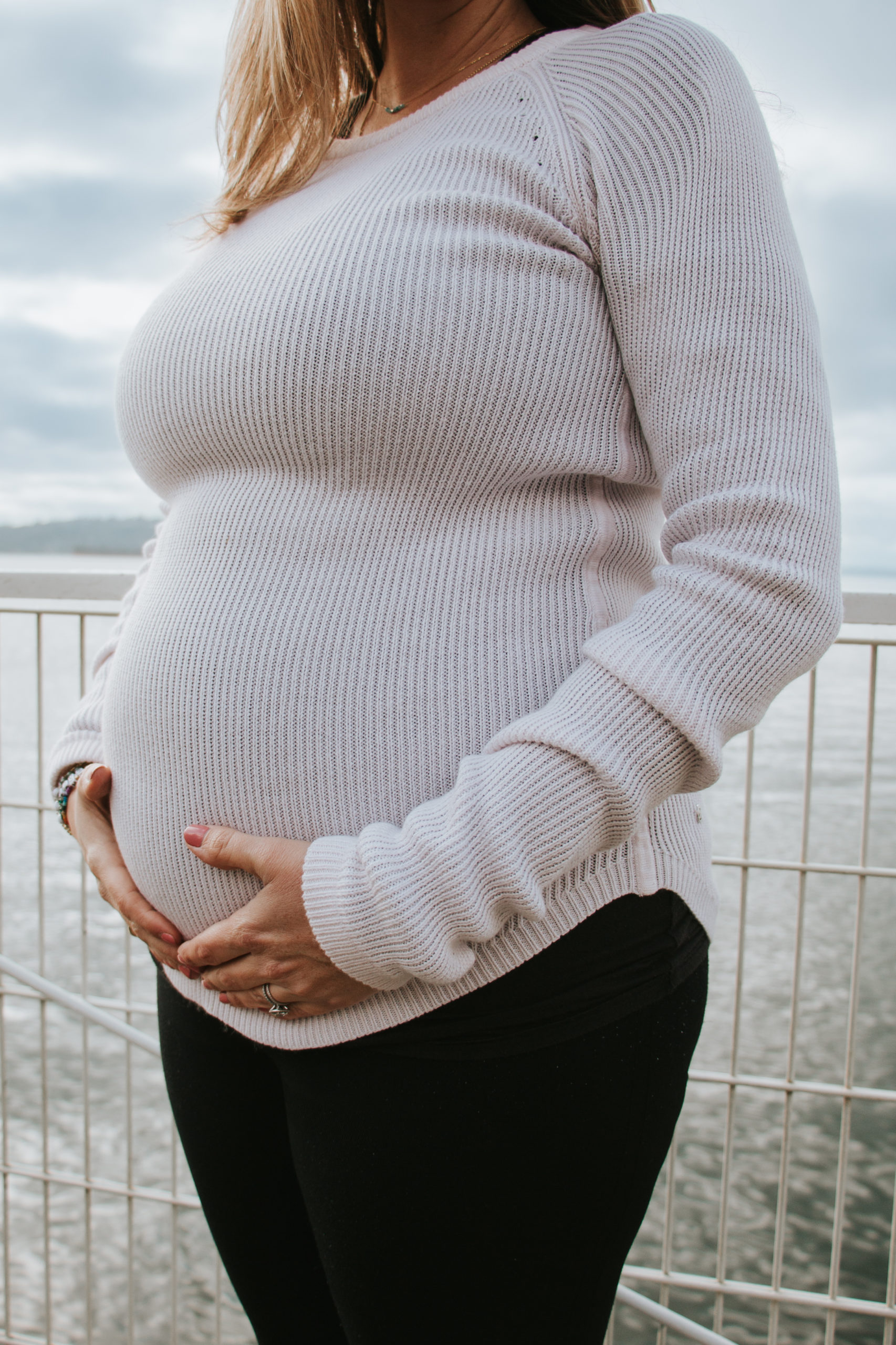

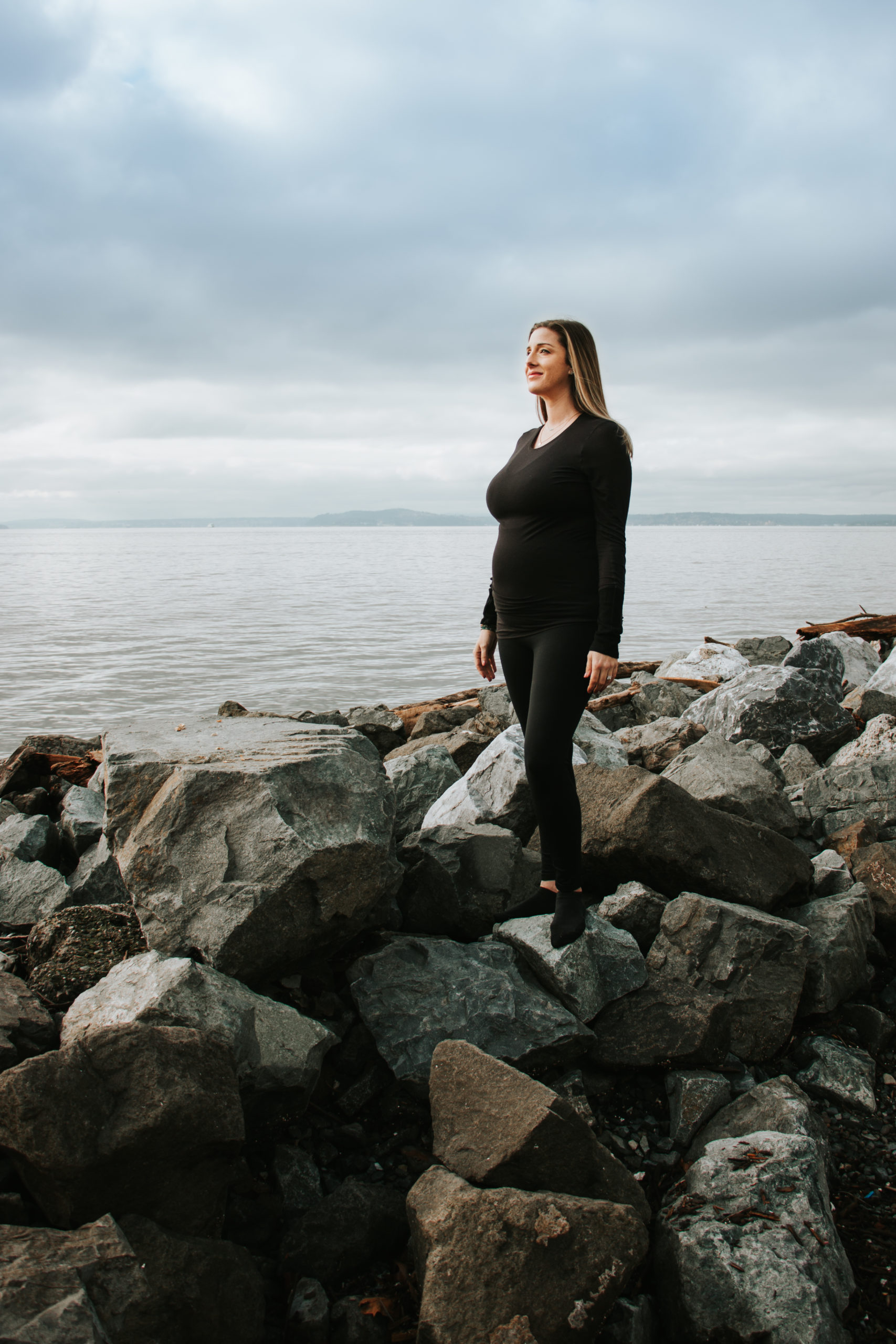

+ Show / Hide Comments
Share to: